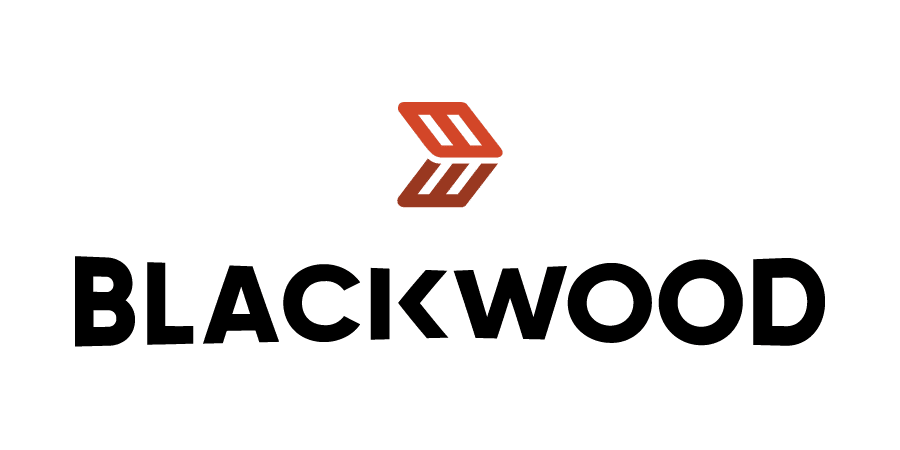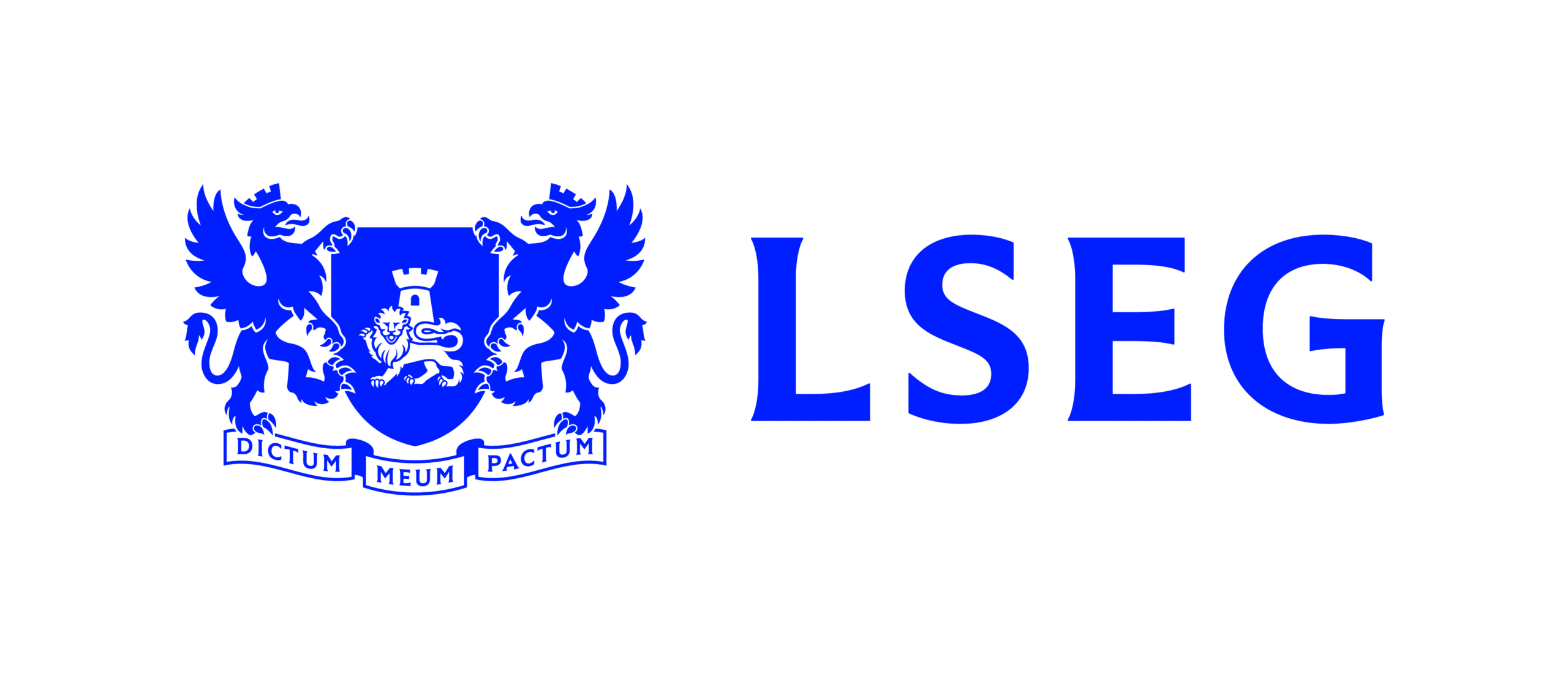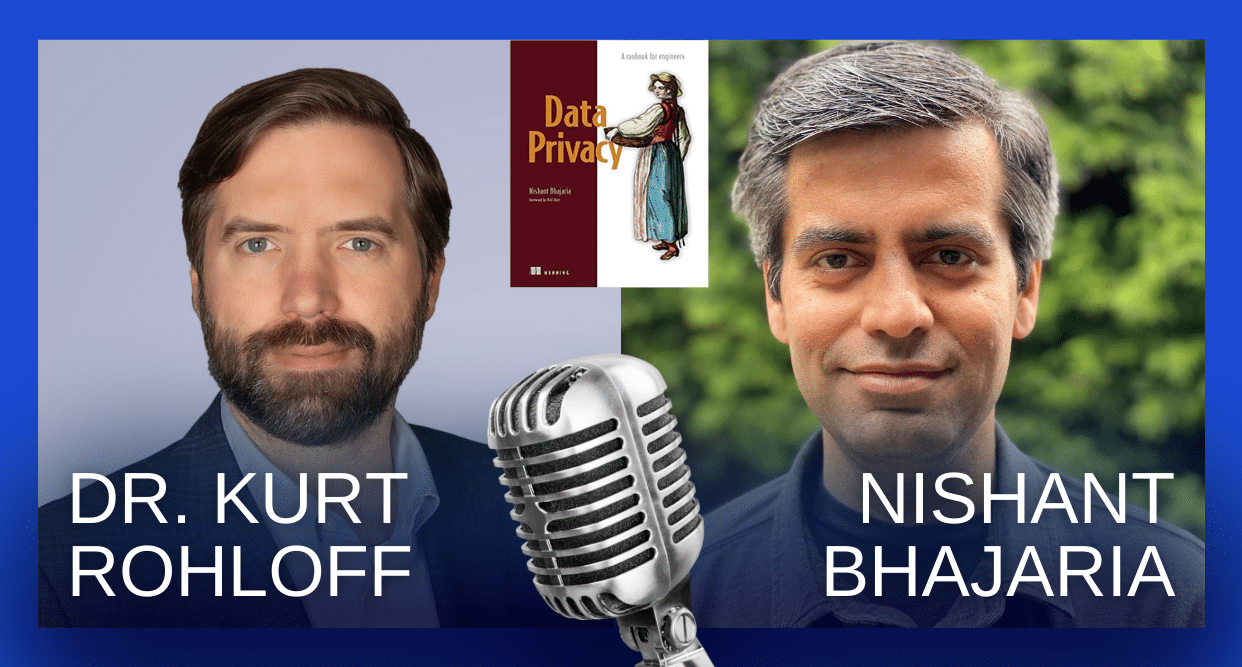The following is an interview with Nishant Bhajaria, privacy author and Director of Data Privacy Engineering at Uber. Answers have been edited slightly for clarity.
Kurt Rohloff, CTO of Duality: Would you just maybe say a few words about yourself, your background and what you’re trying to achieve in your book, Data Privacy: A Runbook for Engineers?
Nishant Bhajaria, Director of Privacy Engineering, Architecture and Analytics at Uber: Thank you again for having me on here. My name is Nishant Bhajaria and I’m the Director of Privacy Engineering at Uber — although I will hasten to add that I’m here in my personal capacity. I wrote this book as sort of the collection or the anthology of career experiences and the security and the privacy space. I began my career as an engineer back in the day, then I led product teams. But what I’m doing now in my career is making sure that we build safer, more trustworthy platforms for customers across the board. I’m thinking about people like my dad, for whom the tech industry is at once extremely opaque, and on the other side, something he deems indispensable. So I’m writing for those customers and for the engineers who build stuff for those customers so that we can have a platform and a customer experience that is worthy of trust and reliability.
If you look at engineers today, they tend to get siloed. They tend to own one product, one vertical line, and nobody can, as a result, build a platform that collectively represents the best controls that every company should have. So I’ve written this for engineers so they can be more complete, well-grounded engineers from a privacy perspective. Whether or not they have dedicated privacy training, I want to make sure there is what to read in this book for attorneys, for folks on the legal side, marketing side, people in the media, people in the regulatory business, or even people in government.
Because when you talk about privacy and security, these fields are not things people typically understand very well or know where to start. So this book is aimed at as a rule book for all of those diverse audiences, even though the title explicitly lists engineers. So that’s all I’m trying to do here: change the world, build around a new consensus of ideas in a way that the tech industry is seen as an ally of people across the board, not just the venture capitalists who will make money off of us.
Kurt Rohloff: Well, thank you very much for that high level intro. One thing I really enjoyed is how you really grounded the book in use cases and was driven through, I assume, personal experience, but also cases in the news . For example, various kinds of breaches and things like that. Are these use cases that you’ve heard anecdotally from others or cases where you were consulting? Where do you ground your experience in the use cases that you reference in the book?
Nishant Bhajaria: It’s interesting you mentioned the actual use cases and personal stories because I have courses on LinkedIn Learning, obviously have the book, a number of podcasts and encounter people across the spectrum, be it engineers or non-engineers. They tell me that they relate to the stories and it makes it easier for them to understand the actual solution behind the curtain because the stories humanize the actual content. It also means that the stories that I have to tell are similar to stories other people have felt as well in their life. So I feel it’s interesting, even though we are technologists and they are attorneys, the human aspect of connecting to narratives doesn’t leave us – ever.
My story begins in 2003. I was in New York in Times Square, and I was with my dad. He had flown in all the way from Mumbai, and he wanted to see the Times Square area. So at the time I was living in the Midwest and the idea of working for big companies like Intel and Google was kind of a pipe dream. I stood outside the ticker in Times Square, and I told my dad: “One day, I’ll work for one of these companies and make sure that my resume has a heavy name on it, too,” and now I have a bunch of heavy names.
Now that I’ve gotten there in my career, I have a book out and the tech industry does not quite have the best reputation. I’m not sure what’s more unpopular right now, big tech or big tobacco; I would think big tech because at least big tobacco claims that they create a lot of jobs for people in those states across the country that are not often visited. So I ground myself in the fact that big tech is known to create a ton of wealth but not a ton of work – and that’s something that is at the heart of the tech clash. We disrupt people’s lives. We create a ton of efficiencies, but that has impact upon the communities that we don’t always foresee. So I ground my experience in the fact that there’s great potential in big tech things for talented engineers to do great work. I ground myself in the gap between the technologists on the one side and the unwitting consumers on the other side. So that’s where I ground myself because that space needs somebody to connect between them right now, and I don’t see very many people doing that.
Watch the full interview with Nishant Bhajaria below.















